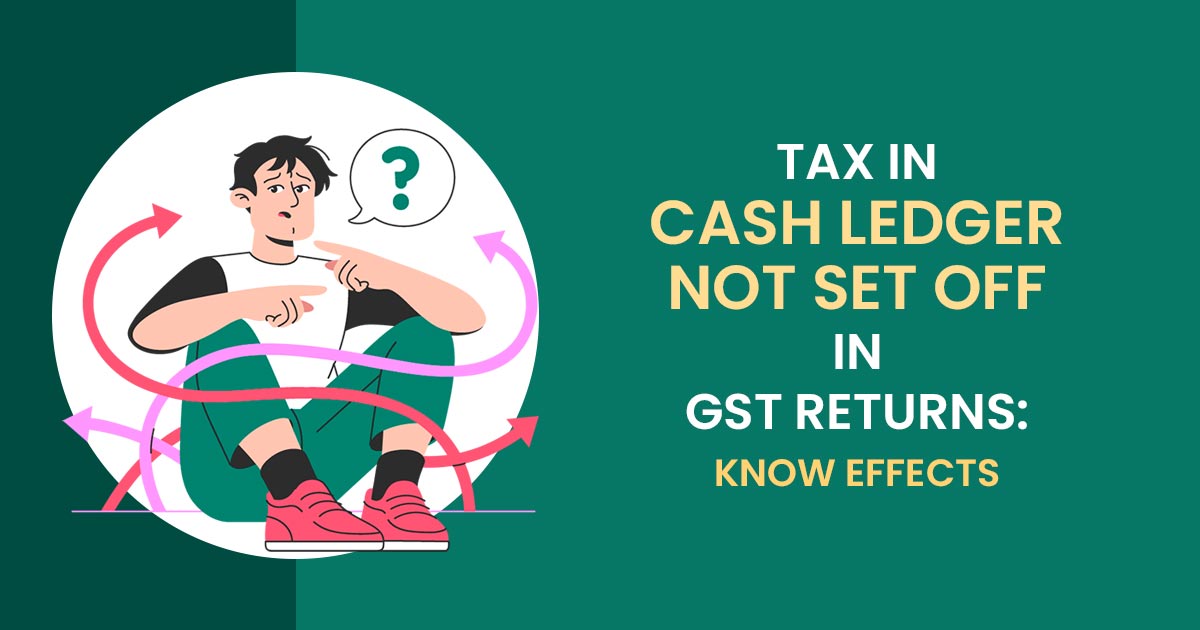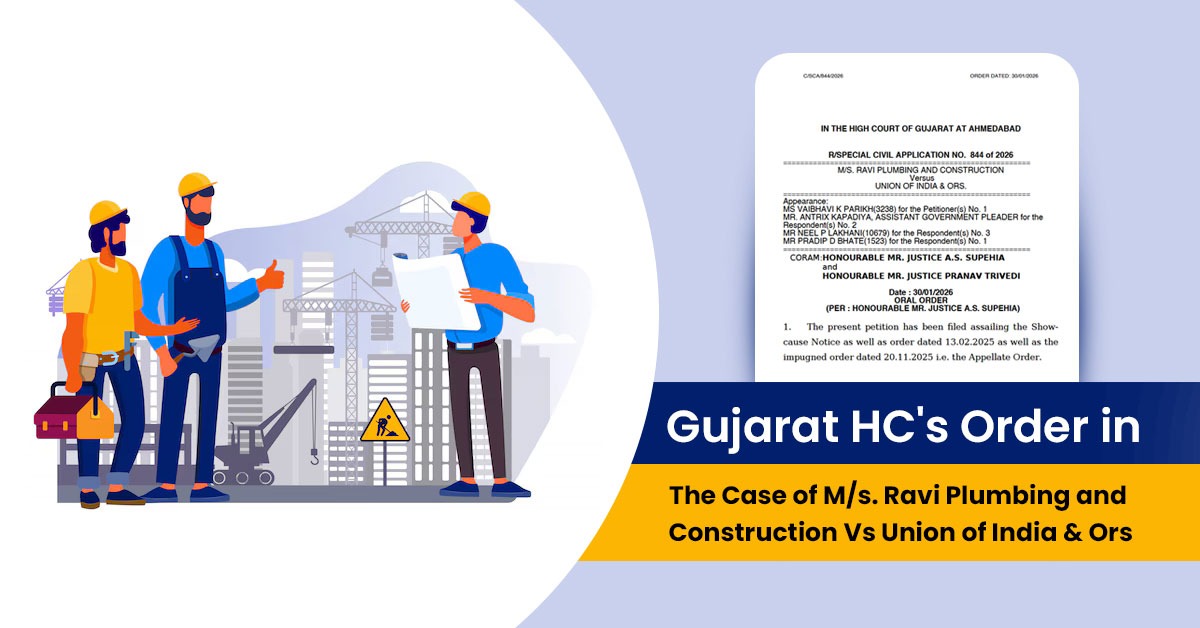
In India, Goods and Services Tax (GST) has been introduced to ease indirect taxation while ensuring compliance. One recurring problem suffered is the interest demand towards the deposited tax amounts in the Electronic Cash Ledger (ECL), though not set off while submitting the GST returns. The blog analyses the statutory nuances of this problem, its treatment under the GST law, and approaches for businesses to address these demands.
Electronic Cash Ledger (ECL) Under the GST
The Electronic Cash Ledger under the GST framework is an online ledger kept for each registered taxpayer. It shows the cash deposited by taxpayers towards paying tax, interest, penalties, fees, or other amounts. Section 49 of the CGST Act, 2017, cites that the deposited amount in the ECL could be used for the payments once it is set off against the tax obligation while submitting the returns.
Issues often emerge when the tax deposited in the ECL does not set off against the tax obligation due to a mistake or technical errors, and the authorities ask for the interest under section 50 of the CGST Act, 2017.
CGST Section 50 for Interest on Late Payment
Section 50 obligates the interest payment on tax obligations that remain unpaid after the deadline. The provision does not address the cases in which the tax gets deposited in the ECL but is not used for payment. The same does not deliver the clarity that has been directed to varying interpretations, with authorities often deeming the failure to set off the amounts as a tax payment delay.
Read Also: Essential GST Terms Every Business Taxpayer Should Know
The question is, can interest be asked towards the tax amounts that were deposited in the ECL but do not set off against the tax obligation?
Judicial Case
Various judicial precedents furnish the norms for the same problem; the courts have outlined that the interest u/s 50 is obligatory and is applicable only when there is a delay in the actual tax payment. The tax deposit in the ECL shows that the taxpayer has released their liability, even if the process of setting off gets delayed.
For example, the Gujarat High Court in M/s. Amba Industrial Corporation v. Union of India noted that once the amount is deposited in ECL, the taxpayer cannot be cited for the late tax payment.
Likewise, the Madras High Court in Refex Industries Ltd. v. Assistant Commissioner of CGST ruled that the interest is applicable merely on the net tax obligation instead of amounts deposited in the ECL previously.
Important: Interest Calculation on Delayed GST Payment U/S 50(1)
Such decisions show that the principle that tax deposited in the ECL does not set off and must draw the interest under section 50, given the deposit was made within the specified time.
Lower the Risks Approach
To manage and lower the potential risks effectively, it is important to execute a systematic approach:-
Precise GST Filing Return
Verify the set-off procedure at the time of filing GST returns to prevent unintentional errors.
Keep Clear Documents
Maintain the ECL transactions records along with the deposits, set-offs, and any correspondence with authorities, to support your matter if disputes arise.
Use Technology
Utilise the GST compliance software to reduce manual errors and ensure the timely usage of the ECL balance.
Timely Reconciliation
Reconcile tax obligations with the deposited amounts in ECL to ensure the effective set-off at the time of filing the return.
Answering to Interest GST Demand Notices
Businesses facing a GST demand notice for the interest on tax deposited, though not set off, must adopt a proper approach.
Organize Documentation
To present compliance compiled proof like ECL statements, GST returns, and proof of timely deposits.
Seek a Personal Hearing
To illustrate your matter, ask for the opportunity before the authorities and explain any discrepancies.
Read Also: Late GSTR 3B Filing: No Interest Liability If ECL Balance
Draft a Complete Answer
To argue that interest does not apply to amounts already deposited in the ECL, quote the pertinent provisions of the CGST Act, judicial precedents, and legal principles.
Review the Tax Notice
Analyse the notice to find out the basis of the demand and the duration in question.









